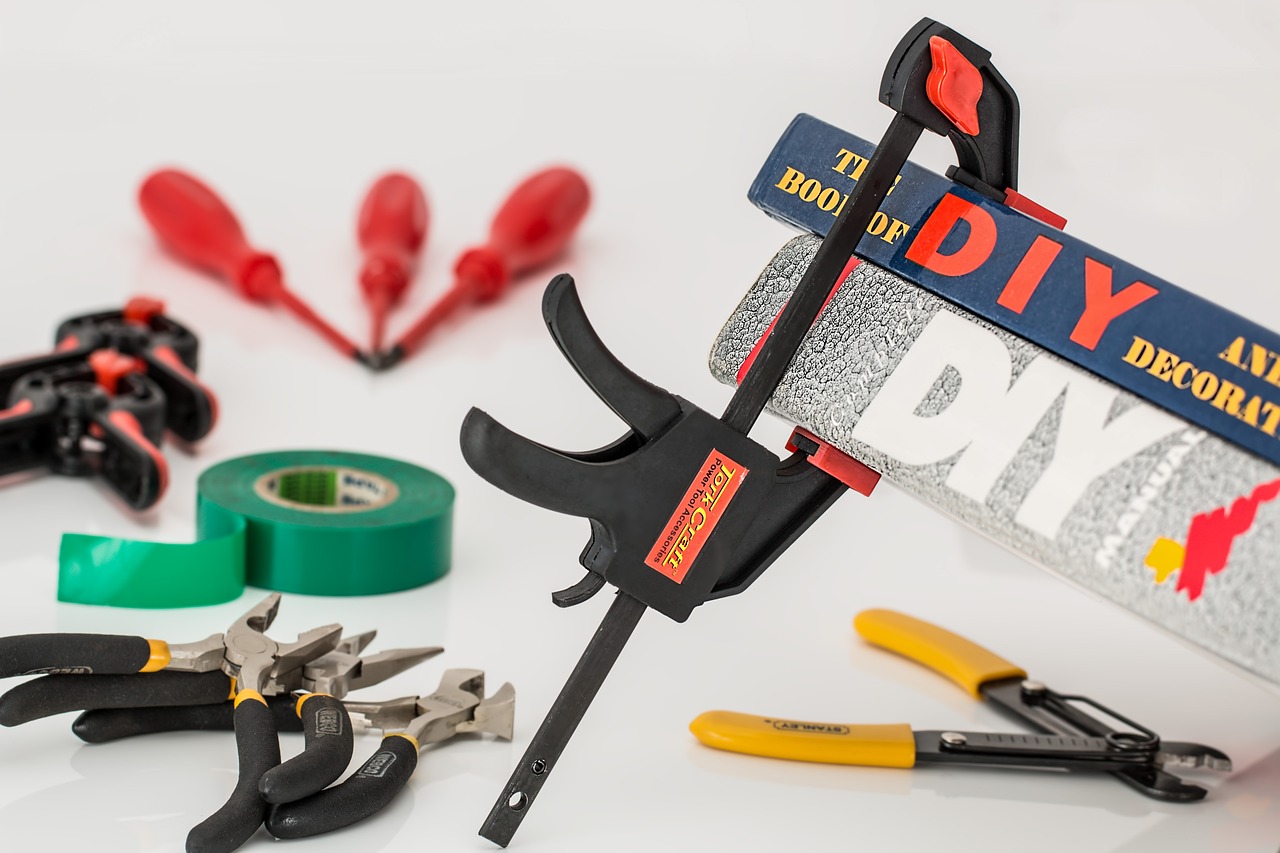In June we have been focussing on the most COMMON MISTAKES to avoid when writing a will
It’s important for the document to be correct to ensure your wishes are followed as you want. Avoid the following mistakes
Will is incorrectly witnessed
For a will to be valid it must have been signed in the presence of TWO people who are:
- UK citizens, 18 and over
- not named as beneficiaries in the will, or are married to someone who is
- physically present at the time of signing the will, otherwise it will be deemed void
Asking a child or partner to be a witness
As the witnesses cannot benefit from the will, asking a child or partner to witness the signing could potentially disinherit them from the will.
Make sure the witnesses have no potential to gain anything from the will
Having an out of date will
Many people do not realise that big life events can change a will. Examples include:
- The birth of a child/grandchild
- Marriage or divorce
- The loss of a loved one
- Buying a new house
Ensuring you have an up to date will means there is no room for confusion
Making changes after it’s been signed
You cannot make amendments to your will after it has been signed and witnessed.
To make changes to an existing will you will have to make an official alteration called a codicil, or make a new will altogether.
A codicil must be signed and witnessed in the same way as a will. There are no limits to the number of codicils you can add to a will, although making a new will may be more straightforward.
Forgetting assets
Many people remember the tangible assets to pass to loved ones; car, house, watch. However, they forget some of the more intangible assets
Make sure you remember all of the bank accounts, premium bonds, shares and any other potential funds you may have
Failing to appoint guardians
If you have young children, it is important to think about who you would like to care for them after you die.
If you are the only surviving parent and you do not choose a guardian in your will, this decision could go to the family courts
Excluding step-children
If you have step-children, simply stating “my children” in your will may lead to confusion.
If you want your step-children to be included in your will, make sure you explicitly mention them
Legally adopted children will be considered the same as biological children
Being too specific
Many people are very specific when they write their will. It’s good to be specific about certain things but being too specific can be bad where circumstances change
E.G. if you wish to leave one of your children the “black BMW” but you sell this car after the will has been signed, it can lead to confusion and potential disputes.
Forgetting to name an executor
An executor has the responsibility to carry out the deceased’s wishes, as written down in their will
Many people forget to name executors in their will. The probate court will appoint an executor, who may not be the deceased first choice
Not having an original copy
Many people make photocopies of their will thinking that this is valid. However, your executors need the original copy of the will to legally administer your estate.
Lacking full capacity
Disputes can arise when someone challenges whether the deceased had full capacity when they wrote the will. This means you need to be of sound mind when making it.
For example, if you are under the influence of alcohol or drugs when writing the will, its validity could be contested.
Not accounting for debts
One job of the executor is to pay the debts of the deceased. Before an estate is distributed, the legitimate debts must be worked out and paid
One of the most common types of debt is a mortgage. This can take a fair chunk of the estate away
Making a DIY will
People often believe writing their wishes down on a bit of paper is enough for them to be legally binding – IT’S NOT. Wills are very complicated documents and follow general rules
Ambiguous language or unclear intentions could lead to instructions not being followed properly or the will being ruled invalid
Not having a will
This is the most important one of all!
If you would like to keep up with our latest posts and advice about estate planning through the regular advice that we provide to our clients, then please follow us on
Twitter at ADouglasWills
Facebook at AndrewDouglasWills
Instagram at adouglaswills






